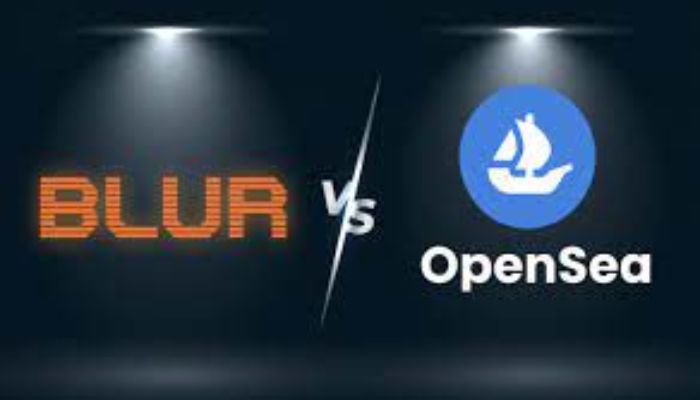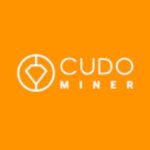There are new marketplaces opening up along with known players in the Non-Fungible Token (NFT) market, which is still changing quickly. Finding the right NFT tool can be hard. To help you choose the best NFT marketplace for your needs, this piece compares four of the biggest ones: Tensor, OpenSea, Blur, and Dew. Discussion about “Tensor vs. Opensea vs. Blur vs. Dew Comparison: Which is Better in What?
Tensor vs. OpenSea vs. Blur vs. Dew – A Feature-by-Feature Comparison
Functionality and Features
-
OpenSea: One of the biggest and best-known NFT markets is still OpenSea. Coinmarketcap says an enormous number of NFTs in many different areas make it a great choice for browsing and finding new collections. OpeningSea gives sellers and buyers a number of bidding and fixed-price listing choices. Unfortunately, its user interface can be hard to navigate, and because it relies on the Ethereum blockchain, transaction fees can be high.
- Tensor: Compared to other platforms, Tensor is fairly new and focuses on providing a carefully chosen range of top-notch NFTs. It focuses on the user experience by having a sleek interface and features like credit card payments and gasless listings (no upfront fees). For people who want a bigger range of NFTs, Tensor’s small selection might not be the best option.
- Blur: markets itself as a workplace for NFT players. It focuses on speed and efficiency, with tools like real-time market info and bulk listing systems. Additionally, Blur has lower processing fees compared to OpenSea. Although, its user design isn’t as easy to understand, and it’s better suited for traders with more experience.
- Dew: It’s a community-driven marketplace that focuses on discovery and social engagement. This app includes social features like profiles, following artists, and making comments, which makes the experience more connected for NFT fans. Currenty, Dew’s fees are reasonable, but compared to well-known platforms, its collection is still growing.
Fees and Supported Blockchains
- Transaction fees: Some systems have lower transaction fees than others. Because OpenSea uses Ethereum, it usually has the highest fees. Although Blur has cheaper fees, Tensor doesn’t charge any upfront fees for listings. Decew’s fee system is still changing.
- Blockchain support: Furthermore, backing for blockchain is an important factor. Currently, OpenSea only uses Ethereum, but it is growing to include other blockchains as well. Blur currently only works with Ethereum. In order to make transactions more cost-effective, Tensor accepts both Ethereum and Polygon. Bitcoin and Ethereum can be used with Dew.
Also Read: 3 Best AI Crypto Projects to check in Bull run 2024
Conclusion
Choosing the “best” NFT market relies on what you need:
- For beginners: There are a lot of options in OpenSea, and it’s easy to get started.
- For curated, high-quality NFTs: When it comes to carefully chosen, high-quality NFTs, Tensor provides a simple user interface with gasless lists.
- For experienced traders: you’re a skilled trader, Blur’s focus on speed and efficiency will work well for you.
- For a social NFT experience: Dew encourages and supports community engagement and discovery for NFT fans.
- The NFT marketplace is always changing, with each platform having different benefits and ideal for various types of users. You can choose the best site for buying, selling, or collecting NFTs by knowing the pros and cons of Tensor, OpenSea, Blur, and Dew.
The NFT market will continue to grow and compete, giving people more options and a safer, more efficient way to trade NFTs. I hope you find “Tensor vs Opensea vs Blur vs Dew Comparison- which is better in what?” .
Disclaimer: this article is only meant to provide knowledge and not specific financial advice. You should do a lot of study before buying anything related to NFTs because investing in them comes with risks.







